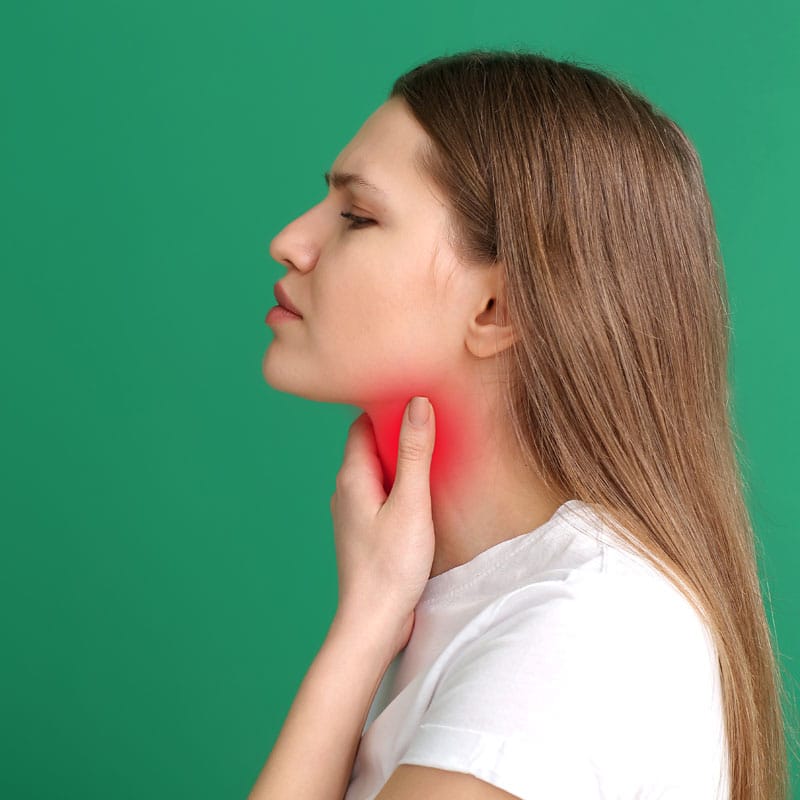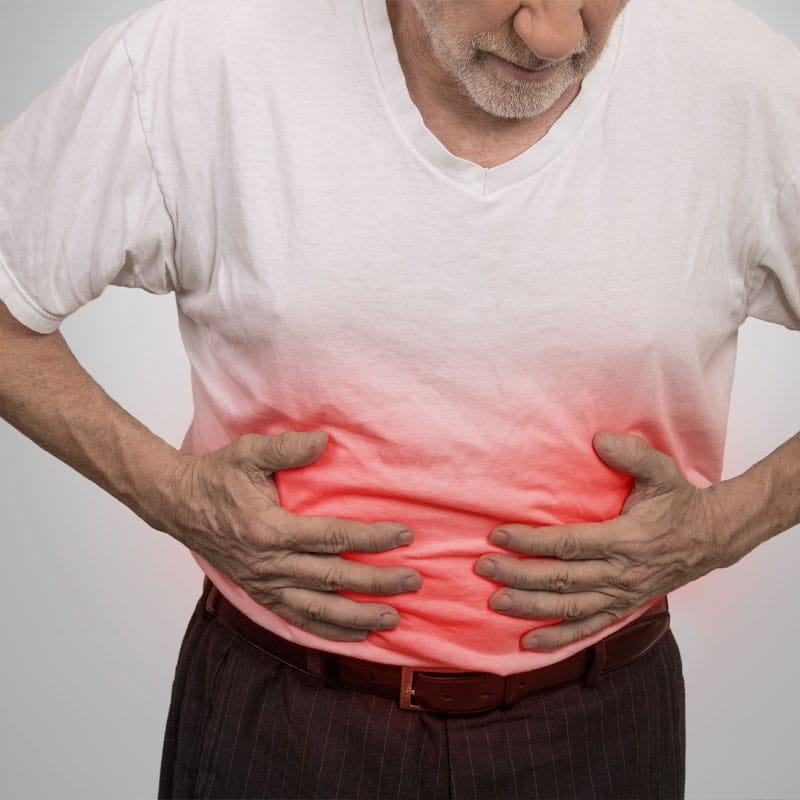Polycystic ovary syndrome (PCOS), a hormonal disorder, affects women of childbearing age and beyond. Women suffering from polycystic ovary syndrome experience irregular menstrual cycles, imbalanced hormones, and an increased risk of infertility. We will dig in and discuss how menopause affects polycystic ovary syndrome, and how we can help get relief from PCOS symptoms.
Causes of Polycystic Ovary Syndrome
Although the exact cause of polycystic ovary syndrome is unknown, researchers believe that there are several factors that may play a role in the development of PCOS, including:
- Excess androgen – The ovaries may produce large amounts of androgen, which can cause excess hair growth and acne.
- Excess insulin – Insulin is produced in the pancreas and helps convert the foods that you eat into energy. When the body produces too much insulin, androgen production can increase, leading to ovulation problems.
- Genetics – Researchers believe there may be a link to certain genes and polycystic ovary syndrome; however, more studies need to be done.
- Inflammation – Systemic inflammation can stimulate the ovaries to produce excess androgens, leading to PCOS.
Symptoms of PCOS
PCOS typically occurs during puberty; however, it can occur later in life in response to excess weight gain. The symptoms of PCOS include:

- Excess androgen – Androgen, which is a male hormone, can become elevated in women with PCOS. Excess androgen can cause male pattern baldness, severe acne, and excess body and facial hair.
- Irregular periods – A woman who has PCOS may experience unusual menstrual cycles. Her period may be abnormally heavy, prolonged, irregular, or infrequent. Women with PCOS may have less frequent periods with over 35 days between periods.
- Low progesterone – Progesterone is a female hormone that helps regulate the menstrual cycle and maintain pregnancy. Those with PCOS are at an increased risk of infertility and miscarriage due to low progesterone levels.
- Polycystic ovaries – Polycystic ovaries become enlarged and have follicles that surround the woman’s eggs, which are stored in the ovaries. This enlargement and follicles can prevent the ovaries from functioning properly, resulting in an increased risk of infertility.
Potential Complications of PCOS

- Abnormal uterine bleeding
- Anxiety
- Depression
- Eating disorders
- Endometrial cancer
- Gestational diabetes
- Infertility
- Metabolic syndrome – a group of conditions that include high triglycerides or cholesterol levels, high blood pressure, and high sugar levels. Metabolic Syndrome increases the risk of heart disease.
- Miscarriage
- Nonalcoholic steatohepatitis – liver inflammation that is caused by fat accumulating in the liver
- Obesity
- Prediabetes
- Pregnancy induced hypertension
- Premature birth
- Type 2 diabetes
Polycystic Ovary Syndrome After Menopause
Women who suffer from polycystic ovary syndrome can experience symptoms during perimenopause and menopause. Many of the symptoms of PCOS are similar to menopausal symptoms. Some common symptoms experienced by women with PCOS and perimenopause include-
- Irregular periods which can affect fertility and cause a woman to become infertile
- Mood swings
- Sleep issues
- Thinning hair or unwanted hair growth
- Weight gain
How We Can Help?
It is important for postmenopausal women with polycystic ovary syndrome to maintain a healthy weight. Being overweight increases the risk of type 2 diabetes and cardiovascular disease. Our team of integrative practitioners will work with you to develop a diet and exercise program geared toward menopausal women with PCOS.
Polycystic ovary syndrome and menopause can make it difficult to get a full night’s sleep. Following good sleep hygiene can help you get the rest that your body needs. Good sleep hygiene includes turning electronics off a couple of hours before bedtime, going to sleep at the same time every night, and creating a calm oasis in your bedroom.
Finally, hormone replacement therapy can help relieve many of the symptoms of menopause and PCOS. Your functional medicine practitioner will work with you to determine the best bioidentical hormone treatment program to combat the effects of PCOS.















